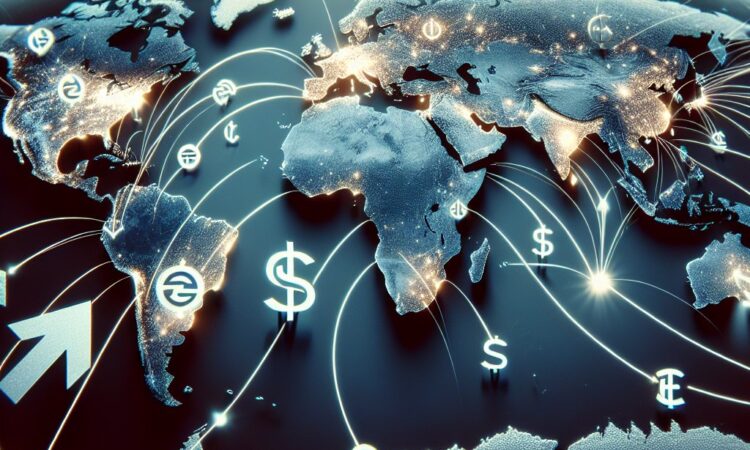Inflation and Rising Interest Rates: A Global Challenge
Central banks around the world are raising interest rates in an effort to combat inflation, which is at a 40-year high in the United States. This is making it more expensive for businesses and consumers to borrow money, which could slow economic growth.
The Federal Reserve, the central bank of the United States, has raised interest rates six times so far this year, with more hikes expected in the coming months. The European Central Bank has also begun raising rates, and other central banks around the world are taking similar steps.
The goal of raising interest rates is to make it more expensive for businesses and consumers to borrow money. This, in turn, should slow down spending and demand, which should help to cool the economy and bring inflation down.
However, there is a risk that raising interest rates too much could tip the economy into recession. A recession is a period of economic decline that typically lasts for two or more quarters. During a recession, businesses often cut back on spending and hiring, which can lead to job losses and higher unemployment.
Central banks are walking a tightrope as they try to raise interest rates enough to bring down inflation without causing a recession. It will be important for them to carefully monitor economic data and adjust their policies accordingly.
In the meantime, businesses and consumers will need to adjust to the higher cost of borrowing money. Businesses may delay investments or hiring, while consumers may cut back on spending. These adjustments could slow economic growth, but they are necessary to bring inflation down.

